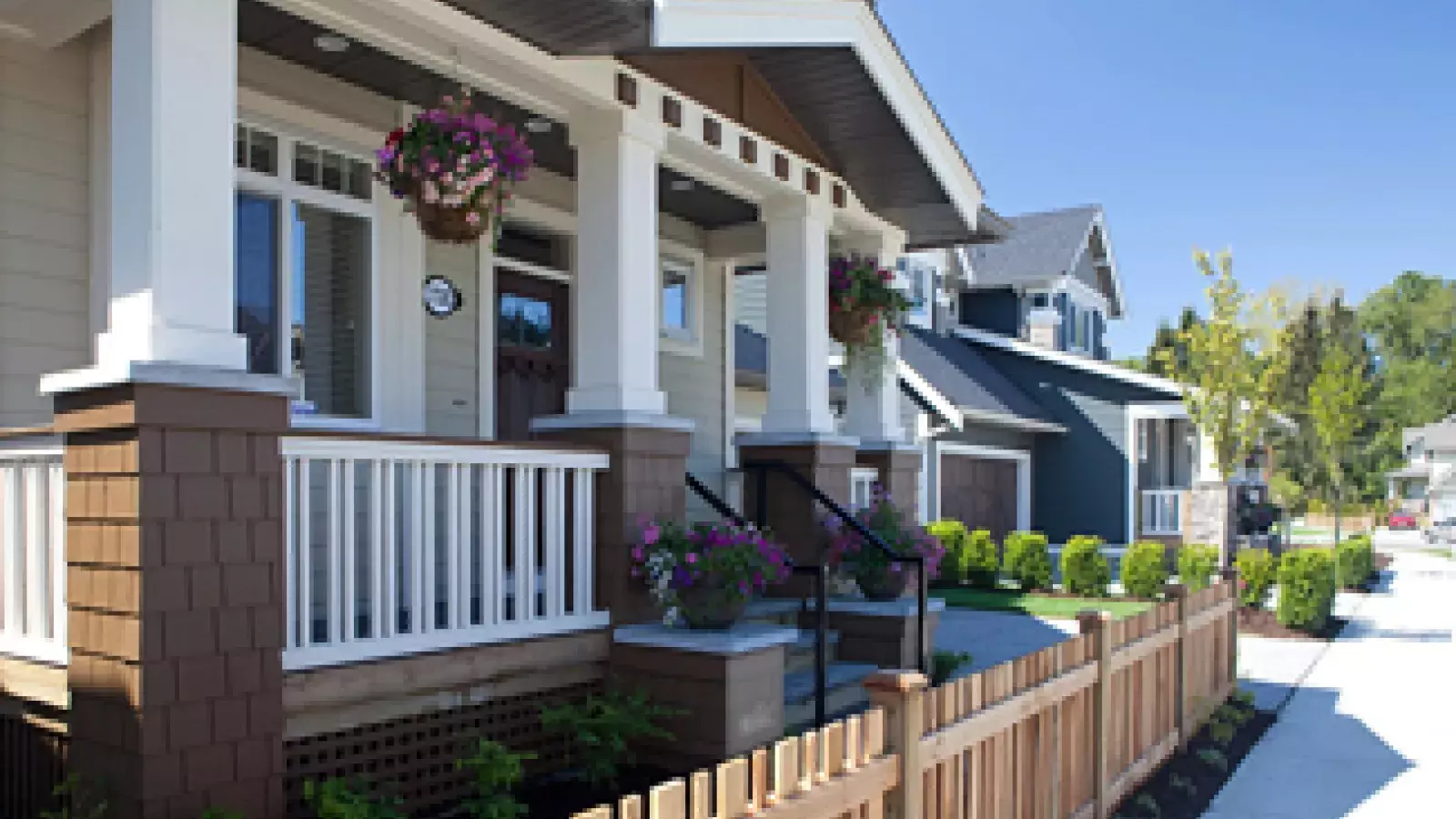Whether you are already a homeowner, or looking to purchase your first home, understanding how your property is assessed and taxed is an important aspect of home ownership. Anyone who owns a home in BC will pay annual property taxes and despite how important it is to understand the process of property taxation, there are many misnomers about it. I’ll help make this simple to understand!
Who’s BC Assessment?
The process starts with an independent Crown corporation called BC Assessment, who actually has nothing to do with the taxation of your property – they simply give it a value. Each year on July 1st, they complete the valuation of all two million properties around the entire province, totaling more than a $1 trillion of real estate! They determine the fair value of your property based on several factors such as size, age, shape, quality, condition, location, views, and current comparable sales. Six months later, they mail notices with a valuation to every property owner/ homeowner, which are received in early January. Whether the assessed value has gone up or down from previous years, it often sparks a lot of conversation! On one hand it’s great to see our investments grow in value, on the other hand, many feel that higher values also mean higher taxes… not necessarily.
How does my property get taxed?
A largely misunderstood assumption is that if your property value has gone up, so will your taxes. In fact, the assessed value is just that - an assessed value. What actually determines your annual property taxes is the tax rate (or mill rate) which the tax authority sets (ie: a city, municipality). A tax rate can change from year to year, and is entirely based on a city’s planned budget to pay for planned public services like maintaining infrastructure. I spoke with Grant McDonald of BC Assessment who reminds us, “A significant increase in assessed value does not automatically lead to a similar increase in property tax. Taxing authorities adjust their tax rates to a level so that they only collect revenues to match their budgets.”
By February, you will receive your tax notice from your municipality. Many financial institutions can help you manage paying your taxes by integrating a monthly payment with your mortgage. This prevents the need to pay property taxes in one lump sum. You can now find the 2011 tax rates on most municipalities’ web sites. As an example, click here for the City of Vancouver tax rate information.
If you want more information on how your property was assessed or want to know more about your neighbours assessment, you can use a new on-line tool for comparing values in your neighbourhood. Grant McDonald explains, “BC Assessment has recently made a concerted effort to make a huge amount of property information available on our public website (www.bcassessment.ca). You can check your own value and inventory, compare your neighbours, or review the available comparable sales at any time; day or night.” If you still don’t agree with your assessment, there is an appeals process, and more information is also available on the BC Assessment web site.
One final word on taxation: If you are buying a presale condo or home, you can speak to your Realtor or the Sales Representative about estimating the annual property taxes at the time of purchase, however, the actual assessment and annual taxes will not be determined (or payable) until after your condo completes.
Cameron McNeill



